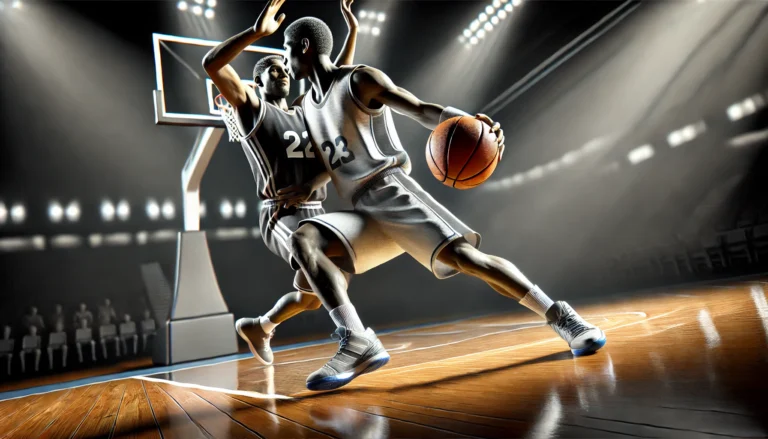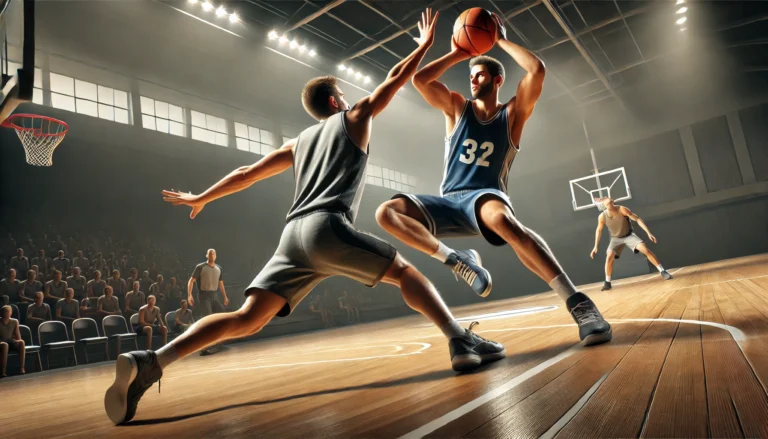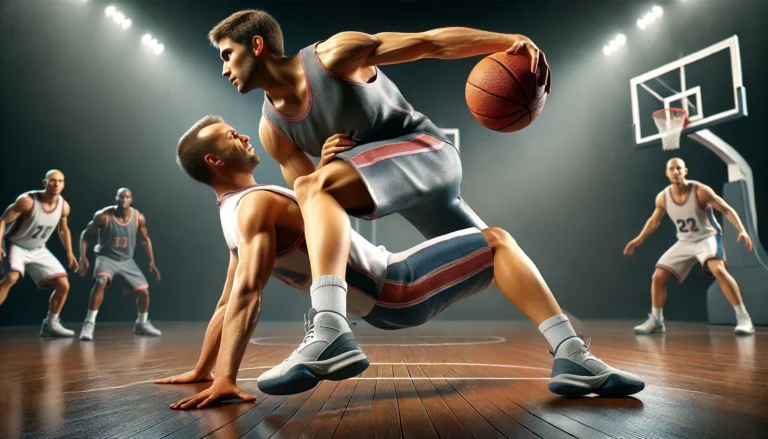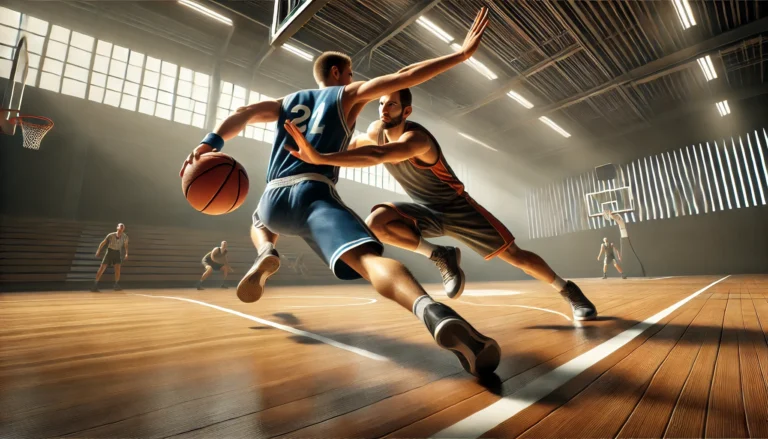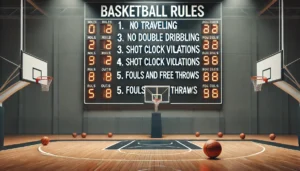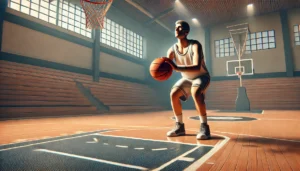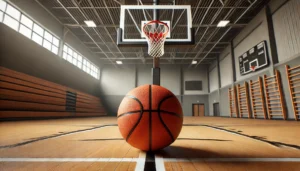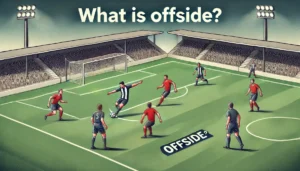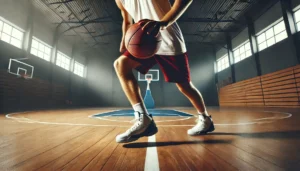Foul in Basketball
Sportovi » Basketball » Rules in Basketball » Foul (Personal foul)
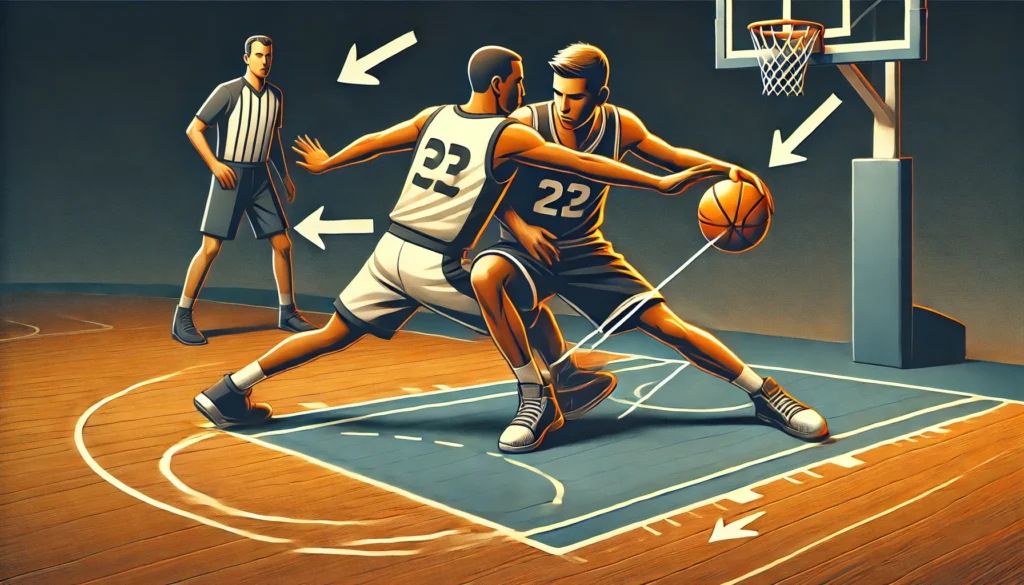
Personal fouls are a key aspect of the game of basketball, designed to ensure fair play and player safety. This page provides a detailed overview of the rules for personal fouls in basketball according to the International Basketball Federation (FIBA) and the National Basketball Association (NBA).
Common personal mistakes
- Blocking: Occurs when a defensive player is not properly positioned at the time of contact.
- Charging (Offensive Foul): Happens when an offensive player runs into a set defensive player.
- Reach-In: When a defensive player makes contact while trying to reach for the ball from an offensive player.
Basic Rules for Fouls in Basketball
A personal foul occurs when a player makes physical contact with an opposing player that interferes with their play. These fouls can be committed either on offense or defense.
Illegal Positioning
This occurs when a defensive player fails to establish a proper defensive stance before contact with an offensive player. Typically, this foul is called when the defender does not get into position in time to stop the offensive player’s movement.
Holding
A defensive player is not allowed to use their hands or body to hold back an opponent, thus restricting their movement. This foul is commonly seen when a defender tries to prevent an offensive player from advancing.
Pushing
Pushing occurs when a defensive player uses their hands or body to shove an opponent out of position, typically during a battle for position under the basket or when contesting a rebound.
Shooting Foul
A shooting foul is called when a defender makes illegal contact with an offensive player in the act of shooting. If the shot is successful, the shooter is awarded one additional free throw (“and-one”). If the shot is unsuccessful, the shooter is awarded free throws based on whether the shot was a two-pointer or a three-pointer.
Off-Ball Foul
An off-ball foul occurs when a defender commits a foul while the ball is not in play or before the offensive player begins their shooting motion. If the team is in the penalty (bonus), the opposing team is awarded free throws.
Offensive Foul
An offensive foul is called when an offensive player commits a foul against a defender. After an offensive foul, even if the team is in the bonus, the opposing team does not receive free throws unless an unsportsmanlike foul is involved.
Charging
This refers to the proper positioning a defensive player must take before contact occurs. If a defender is correctly positioned before contact, an offensive foul is usually called.
Offensive Pushing
An offensive foul is called when an offensive player uses excessive physical contact, such as pushing or pulling a defender, to gain an advantage and get free from the defender.
Flagrant Foul
An flagrant foul is a more serious infraction in basketball, called when a referee judges that the foul was intentional or excessively rough. After an flagrant foul, the opposing team is awarded two free throws and possession of the ball.
Deliberate Disruption of a Fast Break
This is a deliberate foul committed to stop the opponent’s fast break, usually far from the basket. The result is free throws and possession of the ball for the opposing team.
Faul dok lopta nije u igri
Nesportski faul se može suditi i pre nego što lopta uđe u igru, kao na primer prilikom ubacivanja lopte. Ovaj faul se strogo sankcioniše slobodnim bacanjima i posedom lopte.
